Relationships form the bedrock of our social lives, providing us with companionship, support, and love. However, not all relationships are healthy or fulfilling. Some can become toxic, resulting in emotional turmoil and negative consequences for both partners. In this article, we explore the reasons behind toxic relationships, offering insights into how they develop and how they can be recognized and addressed.
10 Reasons Why Relationships Become Toxic
Table of Contents
A relationship is considered toxic if it is characterized by behavior patterns that make either partner unhappy – these patterns could range from dishonesty to disrespect, lack of support, constant criticism, or controlling/manipulative behavior. But where do these unhealthy patterns stem from? Let’s find out:
1. Insecurity and low self-esteem
Insecurity and low self-esteem are significant factors that can lead to toxic relationships. When an individual feels inadequate or unworthy, they may resort to controlling or manipulative behaviors to maintain their partner’s attention and love. Such behaviors can include excessive jealousy, possessiveness, and an overwhelming need for reassurance, which can ultimately damage the relationship.
2. Poor communication
Communication is the cornerstone of any healthy relationship. When communication with a partner breaks down or is ineffective, misunderstandings and misinterpretations can occur. In a toxic relationship, poor communication may manifest as constant arguments, passive-aggressive behavior, or an inability to express emotions and needs openly. This can create a toxic cycle where unresolved issues fester and resentment builds.
3. Emotional unavailability
Emotional unavailability can lead to toxicity in a relationship when one or both partners struggle to connect on an emotional level. This can stem from past traumas, fear of vulnerability, or simply a lack of emotional intelligence. When emotional needs are unmet, it can lead to feelings of isolation, frustration, and disconnection, which may exacerbate the relationship’s toxicity.
Related Reading: Emotional Baggage – Causes, Signs, And Ways To Cope
4. Unresolved trauma and emotional baggage
Carrying unresolved emotional baggage or trauma from past relationships can be detrimental to the health of a new partnership. This baggage may include unresolved feelings, trust issues, or deeply ingrained patterns of behavior that negatively impact the current relationship. If these issues are not addressed, they can lead to toxic patterns that undermine the health and happiness of both partners.
5. Codependency
Codependency is a pattern of behavior in which one person relies on another for emotional and psychological support, often to the detriment of their own well-being. This can result in an unhealthy dynamic where one partner becomes overly responsible for the other’s emotional needs, while the other partner becomes overly reliant on their support. This imbalance can create a toxic environment where both partners lose their sense of autonomy and individuality.
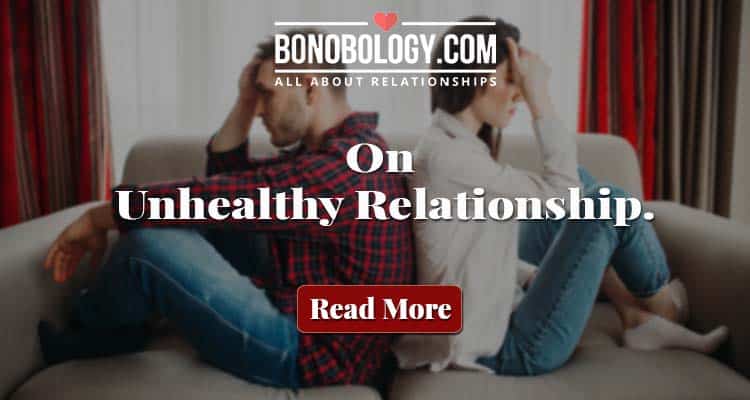
6. Unrealistic expectations
When one or both partners have unrealistic expectations about the relationship, it can lead to disappointment, frustration, and resentment. These expectations may include beliefs about the roles each partner should play, the level of commitment required, or the way love and affection should be expressed. When these expectations are not met, it can create a toxic environment where blame, criticism, and dissatisfaction are prevalent.
7. Lack of boundaries
Healthy boundaries are essential for maintaining a sense of autonomy and self-respect within a relationship. When boundaries are unclear or nonexistent, one partner may feel overwhelmed, controlled, or disrespected by the other. This lack of boundaries can lead to a toxic environment where personal space and individual needs are not respected or valued.
8. Power imbalances
A relationship should be based on mutual respect and equality. However, power imbalances can occur when one partner dominates or controls the other, either emotionally, financially, or physically. This can lead to a toxic environment where the submissive partner feels disempowered and the dominant partner feels entitled to make unilateral decisions or control their partner’s life.
Related Reading: Loyal Relationship – Meaning And Characteristics
9. Abusive behavior
Toxic relationships often involve some form of abuse, whether it is physical, emotional, or psychological. Abusive behaviors can include manipulation, gaslighting, coercion, intimidation, and violence. Such behaviors undermine trust, respect, and safety within the relationship, creating an environment that is harmful to both partners. Recognizing and addressing abusive behaviors is crucial for breaking the cycle of toxicity and preventing further harm.
10. Incompatibility
Incompatibility in core values, goals, or lifestyle preferences can contribute to the development of a toxic relationship. When partners are unable to find common ground or make compromises, it can lead to persistent conflict, dissatisfaction, and resentment. In addition, incompatibility can become toxic when partners try to change each other or force their beliefs onto one another rather than accepting and respecting each other’s differences.

Recognizing And Addressing Toxic Relationships
Recognizing the signs of a toxic relationship is the first step toward addressing the issue and seeking help. Some key indicators of a toxic relationship include:
- Feeling emotionally drained or constantly on edge
- Experiencing frequent arguments or conflicts
- Feeling controlled, manipulated, or coerced
- Losing your sense of self or autonomy
- Experiencing emotional, physical, or psychological abuse
If you suspect that you or someone you know is in a toxic relationship, seeking support from friends, family, or professional counseling services is important. Addressing the underlying causes of toxicity and working on individual growth and self-awareness can help break the toxicity cycle and pave the way for healthier, happier relationships.
Toxic relationships can arise for various reasons, including insecurity, poor communication, emotional unavailability, unresolved trauma, codependency, unrealistic expectations, lack of boundaries, power imbalances, abusive behavior, and incompatibility. By understanding these underlying causes, individuals can recognize the signs of toxicity and take steps to address the issues by seeking professional help or working on personal growth and self-awareness. Ultimately, breaking free from toxic relationships and cultivating healthier connections can lead to a more fulfilling and emotionally satisfying life.
What Is Fear Of Commitment And How To Deal With It – Advice From An Expert
Are You Falling In Love Too Fast? 8 Reasons You Should Slow Down
Your contribution does not constitute a charitable donation. It will allow Bonobology to continue bringing you new and up-to-date information in our pursuit of helping anyone in the world to learn how to do anything.



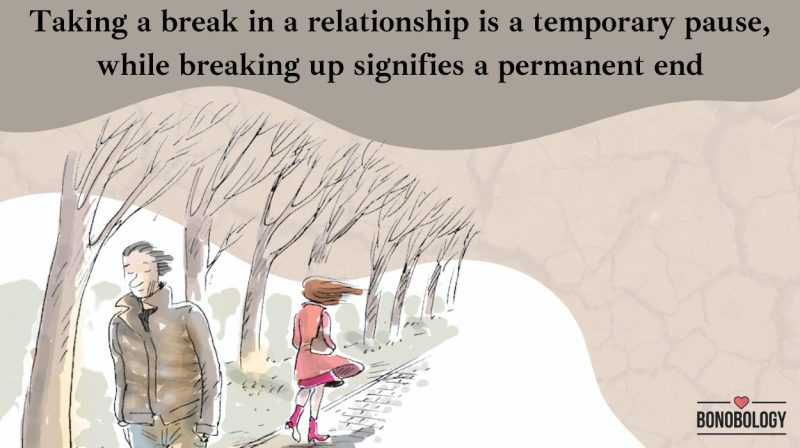



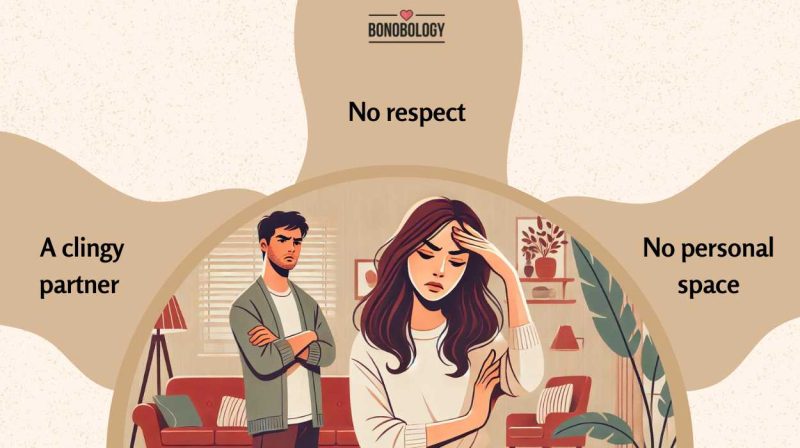
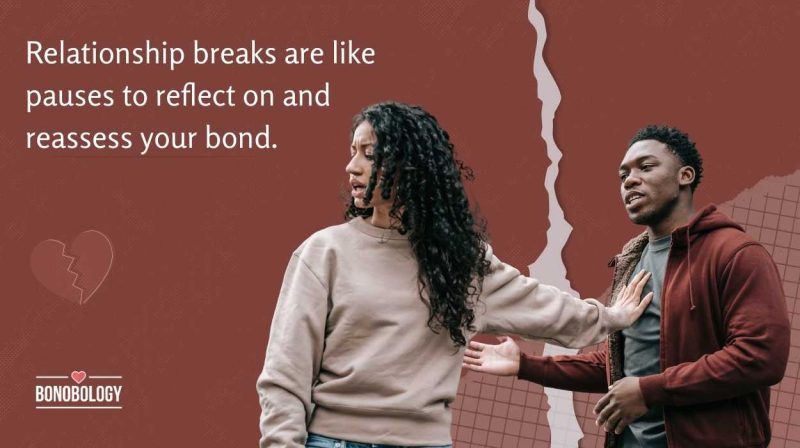
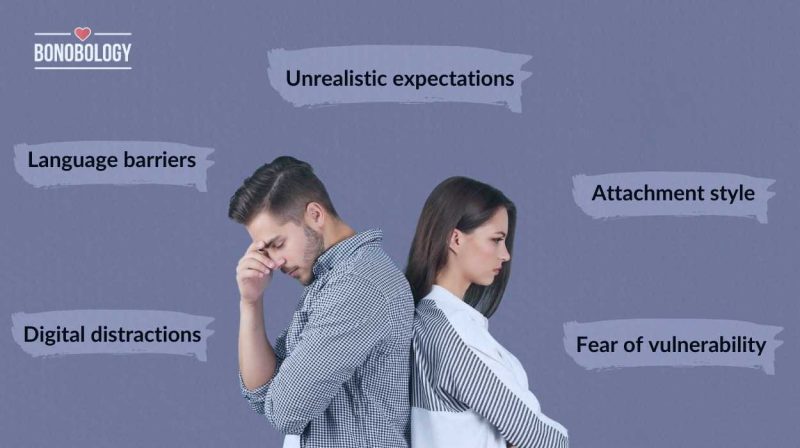
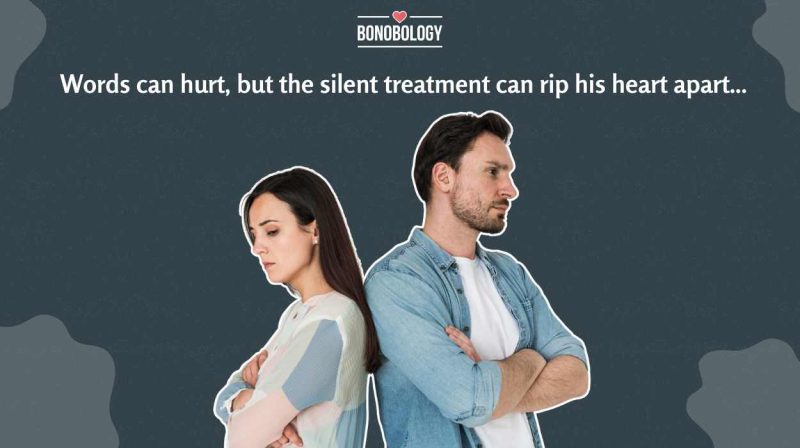
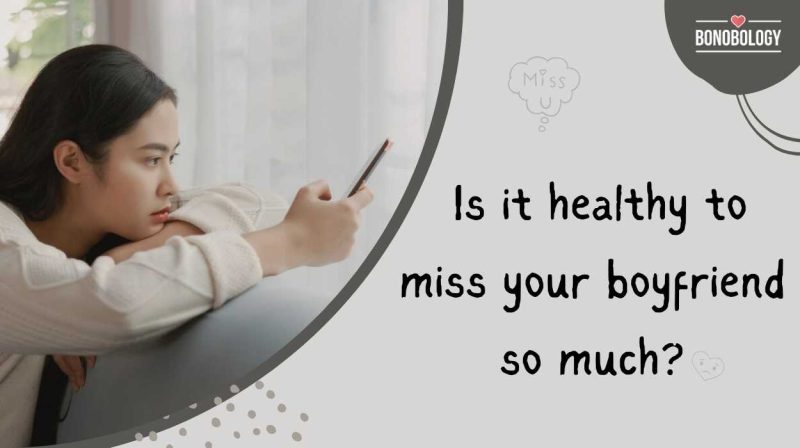
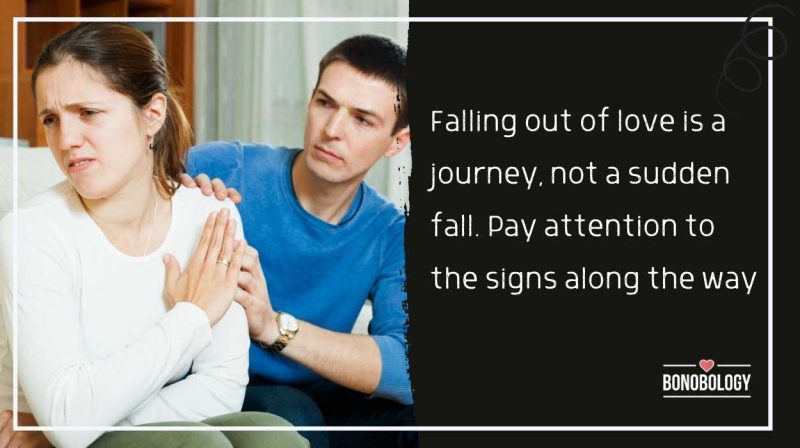
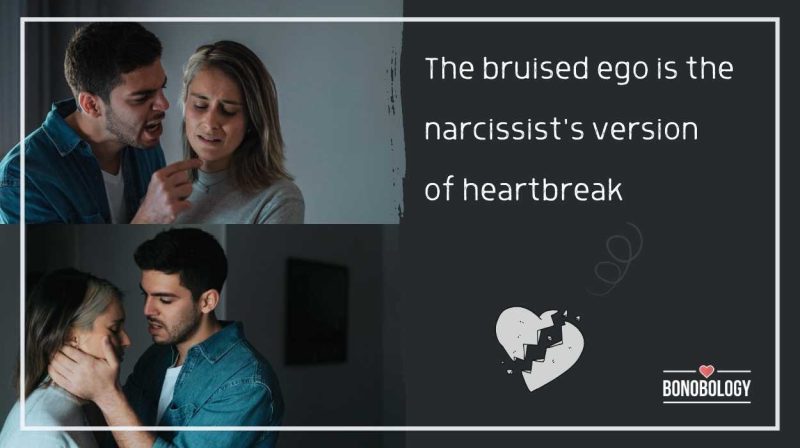
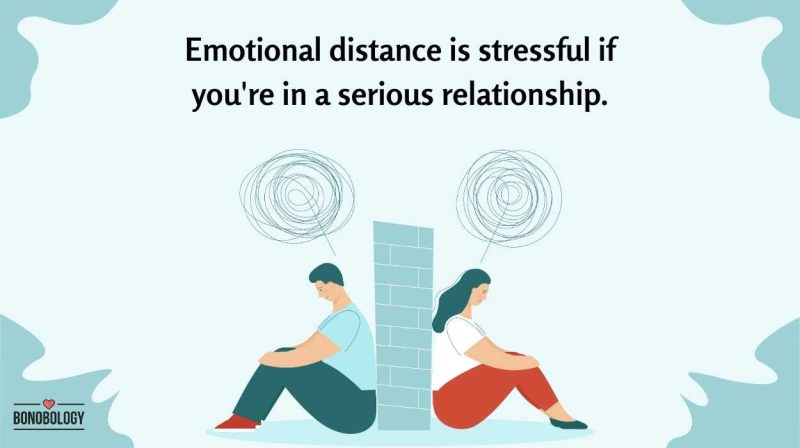
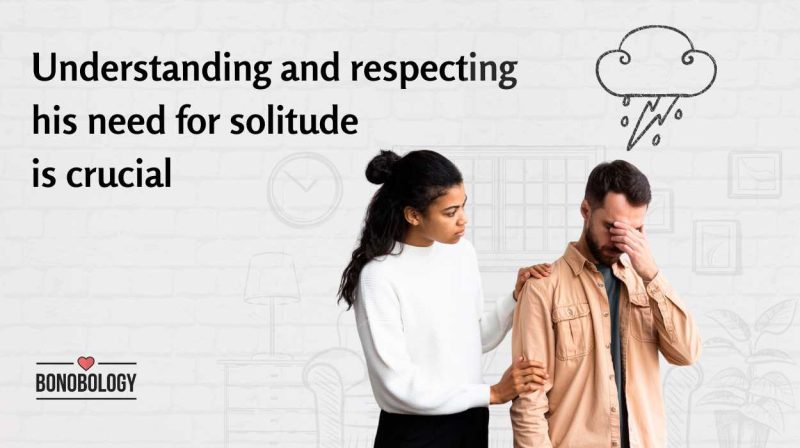
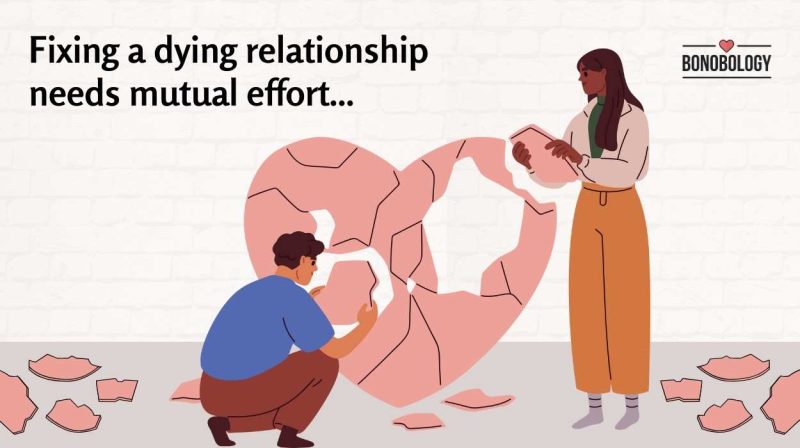
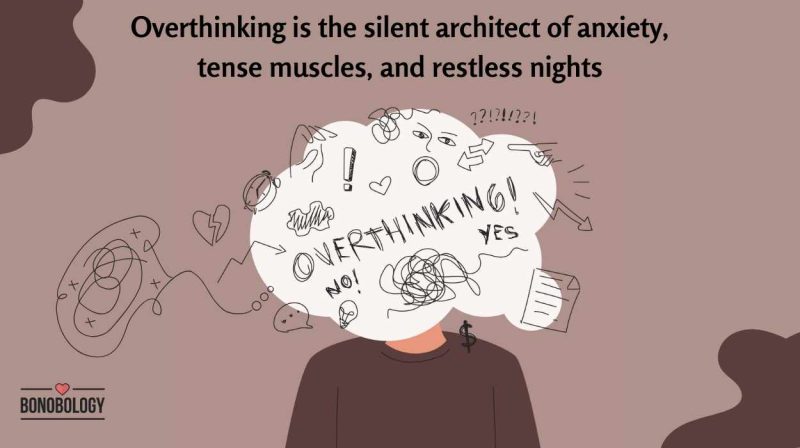

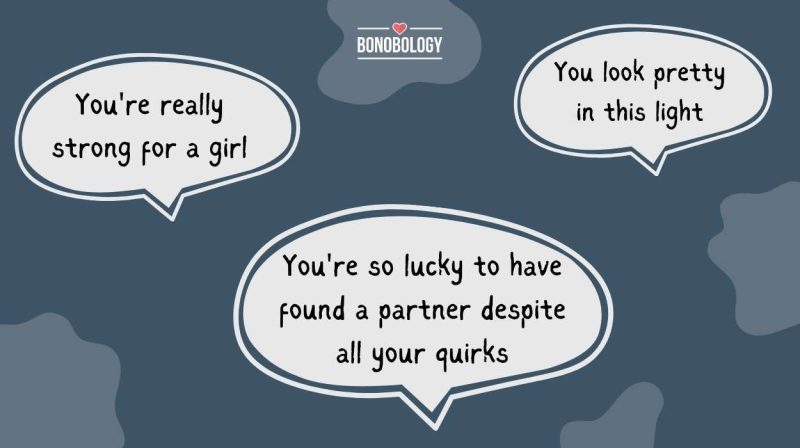
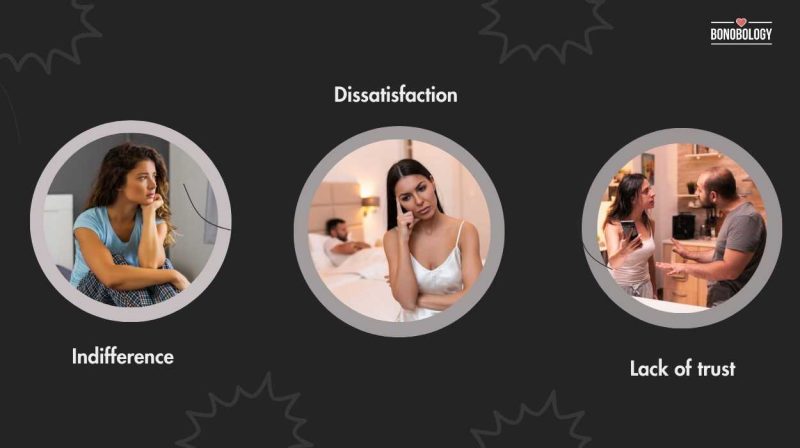
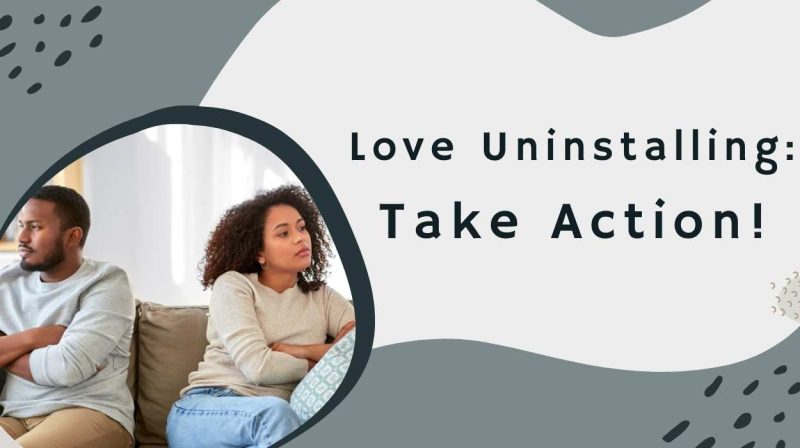

Featured
What Is A Break In A Relationship And How To Navigate It
30 Signs Your Boss Likes You But Is Hiding It Plus How To Respond
Emotional Abandonment In Marriage: Signs, Causes, And Ways To Cope
15 Signs That Your Girlfriend Isn’t Sexually Attracted To You
Feeling Suffocated In A Relationship: Reasons, Signs, Ways To Deal
How Long Should A Relationship Break Be? A Therapist Answers
Why Do I Struggle To Communicate With My Partner? An Expert Answers
Will He Come Back After Silent Treatment? 15 Ways To Make Sure He Does
Why Do I Miss My Boyfriend So Much: Reasons And Ways To Deal
21 Clear Signs She Doesn’t Want A Relationship With You
How Narcissists Treat Their Exes — 11 Common Things They Do And How You Can Respond
Emotional Distance: Meaning, Causes, Signs, And Ways To Fix
My Boyfriend Is Grieving And Pushing Me Away: Tips To Cope And Comfort Your Man
What To Do When Your Relationship Is At Breaking Point?
Am I Overthinking Or Is He Losing Interest? 18 Signs To Help You Identify
Discover Your Worth: 13 Ways To Feel Loved And Appreciated
23 Backhanded Compliment Examples in Everyday Life That Are Actually Insults
11 Things That Happen When A Woman Shuts Down Emotionally – And How To Reconnect
15 Signs Of Emotional Detachment In Your Relationship
How To Not Be Jealous In A Relationship – 15 Expert Tips